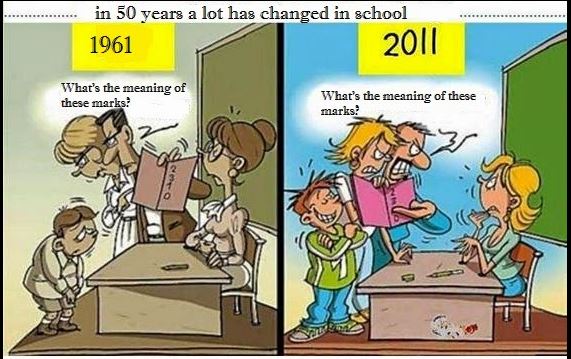Activity 6: Using social online networks in teaching and/or Professional Development
- What are some key features of social media that are beneficial for teaching and learning? Why?
- What are potential challenges that teachers need to be aware of when integrating social networking platforms into teaching activities? Why?
- What social media platform do you feel best supports engagement with your professional development? Why?
- How do/would you use social media to enhance your professional development? Why?
I have kind of answered all of these questions below!!!
I am in two minds about the use of social media in teaching, particularly with primary and intermediate age students. I complete agree with the pattern that emerged in the survey done by Seaman and Tinti-Kane (2013) where they noticed that staff were"much more willing to embrace social media in their personal lives than they are to use it for professional or teaching purposes." I believe that the same goes for students. They are using Snapchat, Facebook, Instagram and Twitter to share and communicate with their friends, so many would feel that using these for educational purposes is crossing a line that they would be reluctant to cross. In saying that, in previous years, I have had a teacher Facebook page which I used to share important information and events coming up etc, but that wasn't a huge success and I felt I was seeing things on there from my students that wasn't meant for my eyes, and therefore I was struggling to know where my place was. Out of all the social media avenues available, Twitter is one of the more informative and teaching friendly apps as users can follow influential and informative people that can give students information and open up opportunities for research. In saying that, I think it is aimed more at older students, my 11/12/13 year old students in my class are not really using Twitter as they are still more about sharing photos etc, hence Instagram is a popular platform. I have considered using Instagram as a way to share photos from our class, but again that would mean that students would follow me and then I would have access to their accounts and once again I would have the ethical issue of seeing things that are not fit for teacher eyeballs!
Social Media in Professional Development. . .
Using social media as a professional development arena is something that I use frequently to support and advance my professional practice. The NZ Primary Teachers Facebook page for example is a fantastic resource that allows passionate, like minded educators to share resources and ideas, as well as ask professional questions. What makes this Facebook page so successful is that it is used by teachers across the country, in various positions from grade A teachers through to principals and across all primary and intermediate levels. this allows many different perspectives to be available when advice, clarification or ideas are needed. Twitter is also used in this way, allowing professionals to follow experts and people around the world who are doing great things. Again it is for sharing and asking questions- growing the ability to be collaborative with other educational professionals.
References:
Seaman, J., & Tinti-Kane, H. (2013). Social media for teaching and learning. Retrieved from http://www.pearsonlearningsolutions.com/assets/downloads/reports/social-media-for-teaching-and-learning-2013-report.pdf#view=FitH,0
